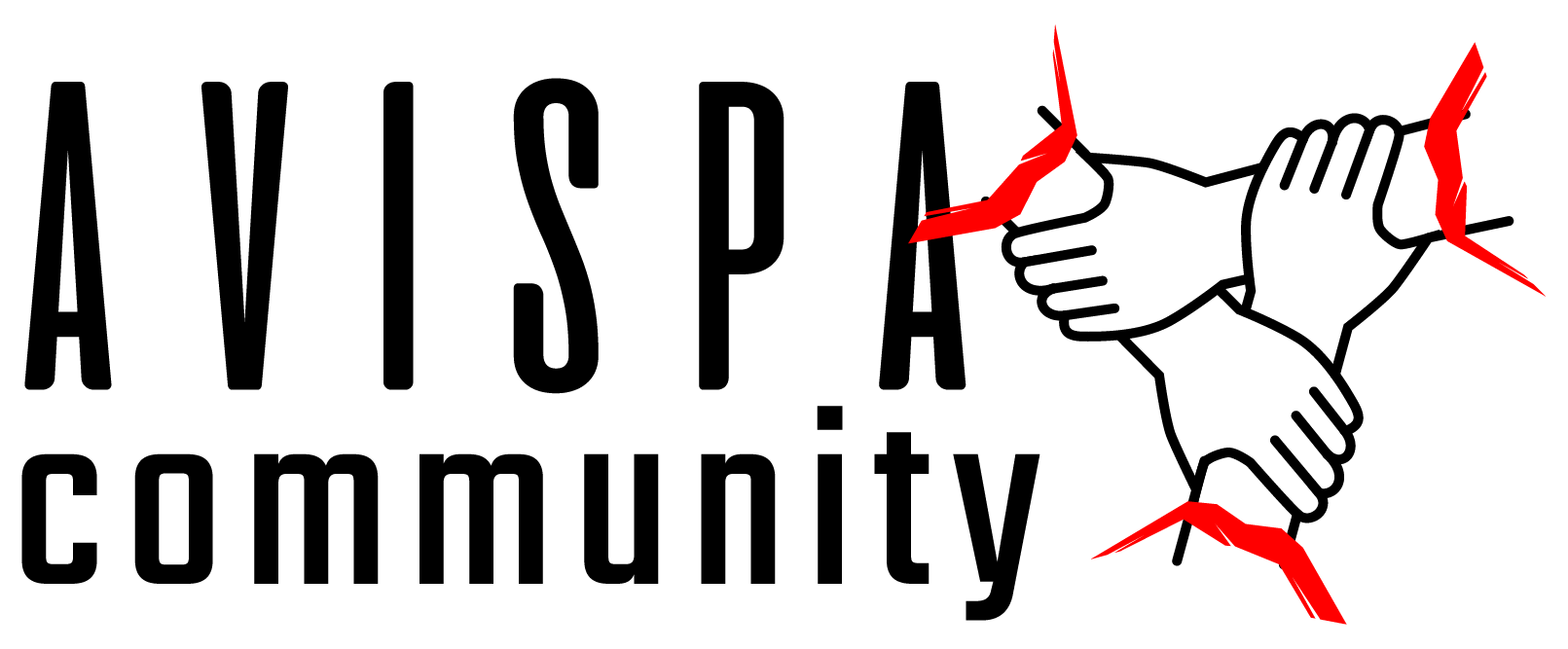Translated by Elizabeth L. T. Moore
The dispossession war lived by the peoples of the world has just begun and is going to last a long time. The alarm was sounded by the Uruguayan writer and activist dedicated to working with social movements in Latin America, Raúl Zibechi, during the Encuentro Internacional El Sur Resiste, in the Centro Indígena de Capacitación Integral (Cideci), in Chiapas. “For all [the capital’s] progress, there’s still a lot of land that it doesn’t control, that’s why I say dispossession will go on for a long time.”
In countries where studies have been done about land ownership, he says, it’s been shown that 40%, that’s 4 in every 10 hectares, still are not in the hands of the oligarchy, nor corporations, nor the major capital.
Brazil is one case. Very rigorous analyses exist, he says, that reveal that 40% of land in the country are from agrarian reform, from Black and Indigenous peoples, land that is reserved by the State as natural parks or natural reserves, land of small farmers, along with land where there are traditional fishermen.
There are countries that surpass the 40%. One example is Colombia. “The native peoples have a third of the land recognized by the Constitution, in addition to the land where there are Black communities, the natural reserves. In Colombia it’s probably more than 50%,” he analyzes.
The dispossession wars are integral to capitalism. “Capitalism today can’t live without these wars. Capitalism today can’t act without violence against the communities. It is necessary to dispossess, they have to kill, they have to murder; and, because of this, militarism is here to stay.”
The left had always “mistrusted the military, but now the progressives of Latin America defend the armed forces.”
Mexico is the most brutal example of militarization, he says, when it gives the armed forces responsibility for the construction of major works. And this is happening in Argentina, too. “The Armed Forces couldn’t go out in public because they committed genocide during the dictatorship, and now the progressive government of Argentina demands that eight large extractive companies militarize, something that no government, nor the Right, has been able to do.”
In Colombia, where there’s a new progressivism with the Gustavo Petro government, an alliance has already been made with the United States Armed Forces to “defend” the Amazon.
Drug trafficking today is also systemic, he analyzes. “The time is coming in which drugs and the capital are entangled. Drugs and the State. Drugs and the Armed Forces. At which point it would be very difficult to establish a line, draw a border and say ‘This is drug trafficking , this is the bourgeoisie.”
Therefore the diagnosis of the Ejército Zapatista de Liberación Nacional (EZLN) of the Cuarta Guerra Mundial, which has been done for more than two decades, “seems to us totally accurate and totally correct; a dispossession war is being lived against the communities to ‘clean’ the territory, and remodel it to the image and likeness of the capital’s interests.”
Maintain the fight
Zibechi has understood his whole life that at the basis of peoples autonomy was communal land. “And, of course, communal land is really important, it’s fundamental for there to be communities in resistance,” he says.
But today he understood, he says, that the basis of communal land and autonomies is the spirituality of the peoples. “Spirituality is what lets us sustain ourselves in the fight for a long time; the main victory is we’ve been here for 500 years. And we may have to endure another 500 (years) more.”
There’s a story that Subcomandante Marcos writes, a dialogue with the old man Antonio, that says the struggle is like a circle. “It starts in one place but never ends. What does this have to do with spirituality? If the struggle never ends, it means that there’s no final objective, the seizure of power. There’s no final victory. There’s no final triumph.”
The idea of a final triumph, he says, is a very Catholic, Christian idea, incorporated into the social fight. “If the fight is a circle that never ends, spirituality is what sustains us for this long time.”
The Internacional Comunista speaks about the last fight. “The last fight is entering the palace, taking power. And it’s considered that taking power is synonymous with doing the revolution. Thanks to the native peoples and thanks to contributions by EZLN, today we know that there’s no last fight, but a circle.”
The writer says it’s necessary to overcome the political calculation idea of cost-benefit, the political pragmatism. “Because if not, we’re always going to be returning to this capitalistic ideology, these capitalistic values, that are central to the rule.”
Zibechi cites as an example the armed conflicts of Guatemala and El Salvador. “We see how on top of the fight of the native peoples a vanguard apparatus was mounted and this vanguard - of white, academic men - acted in a way, as we tend to say, pragmatic. At a certain point, it did a cost-benefit analysis, as capitalism does. And they did it and they negotiated, in a deplorable situation, because nothing changed.”
To overcome the logic of pragmatism, the peoples spirituality is central, he defends. “If we want to be true rebels, fight for true change, we have to overcome this calculated logic, which is always individual.” He goes on: “Spirituality puts us in another place, non-material, profoundly human to be able to go farther than material contradictions.”
Everything “we see today is what comes from a giant storm, which is already underway, a hellish earthquake over us. We can’t construct material barriers against that.”
“We can unite and give a hand and hand ourselves over to life and to Mother Earth, with the hope that she will show us the way.”


